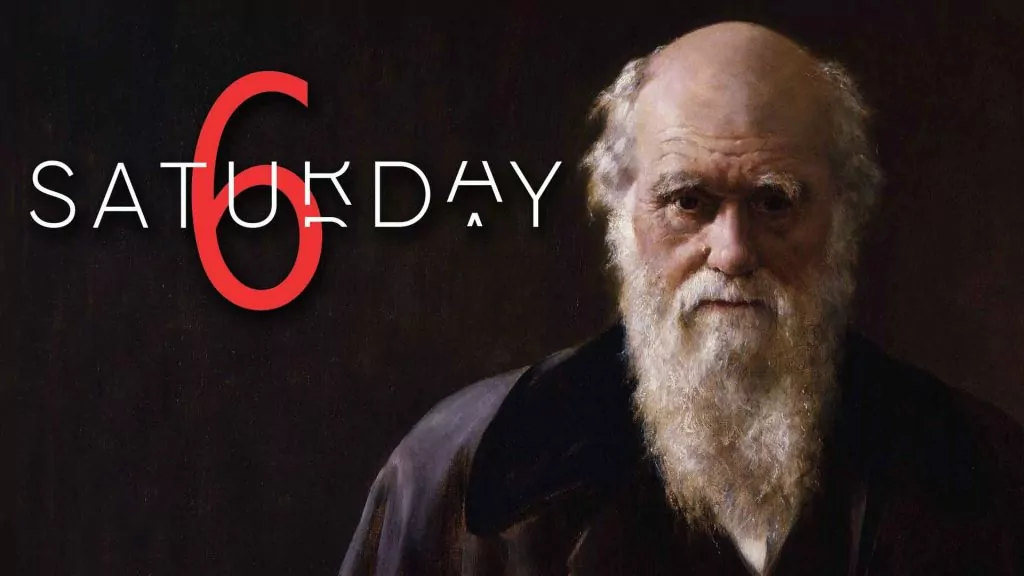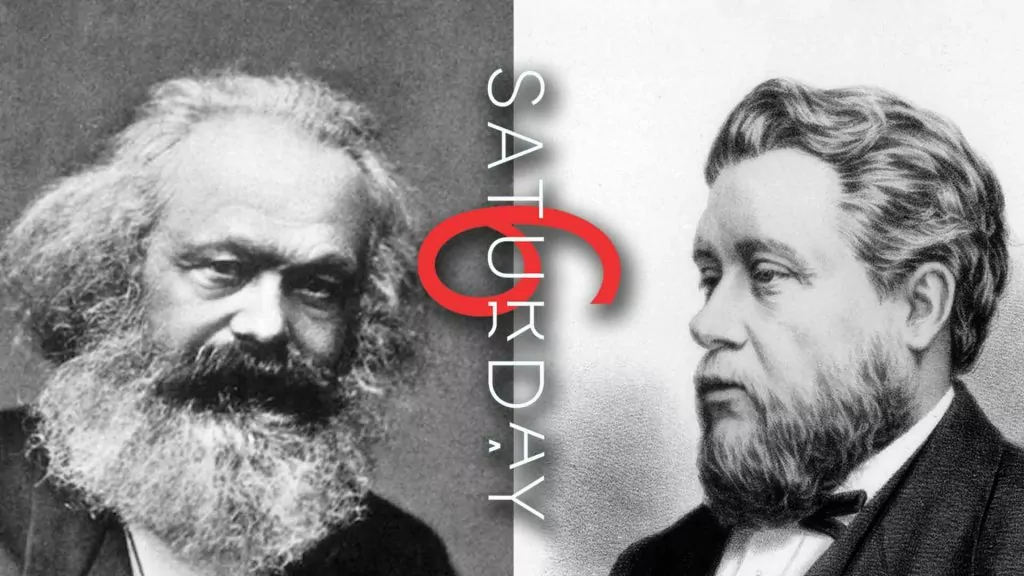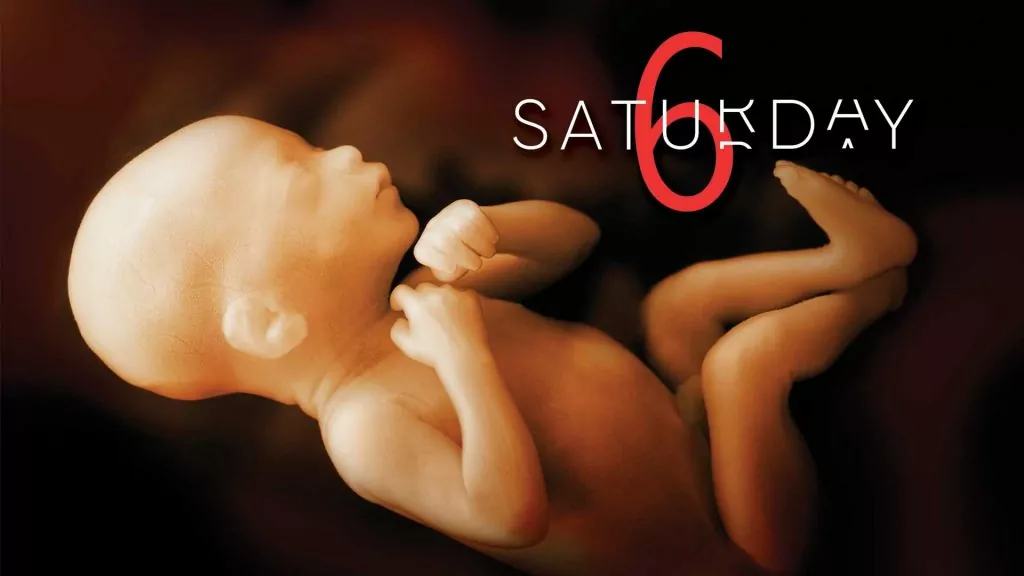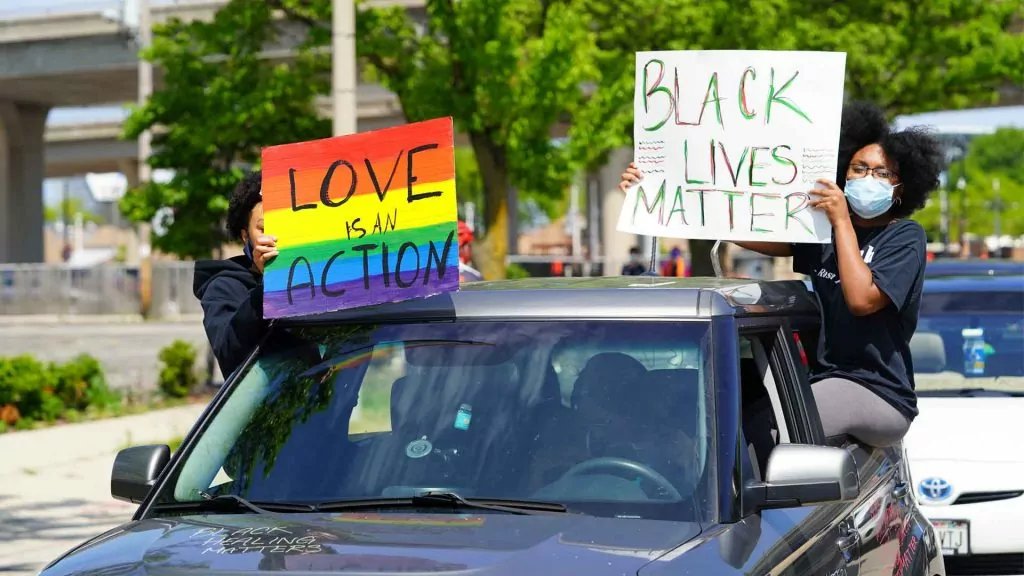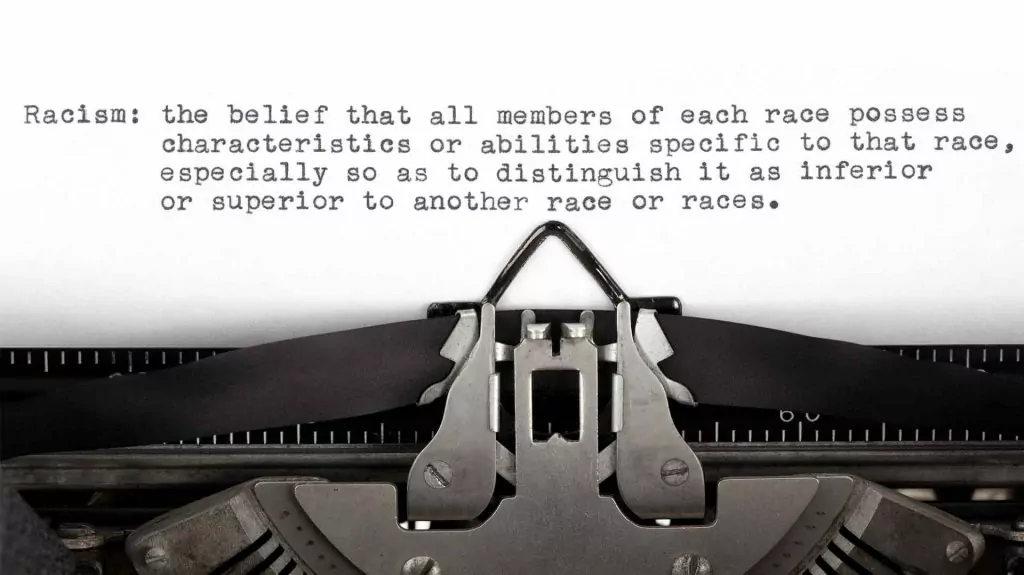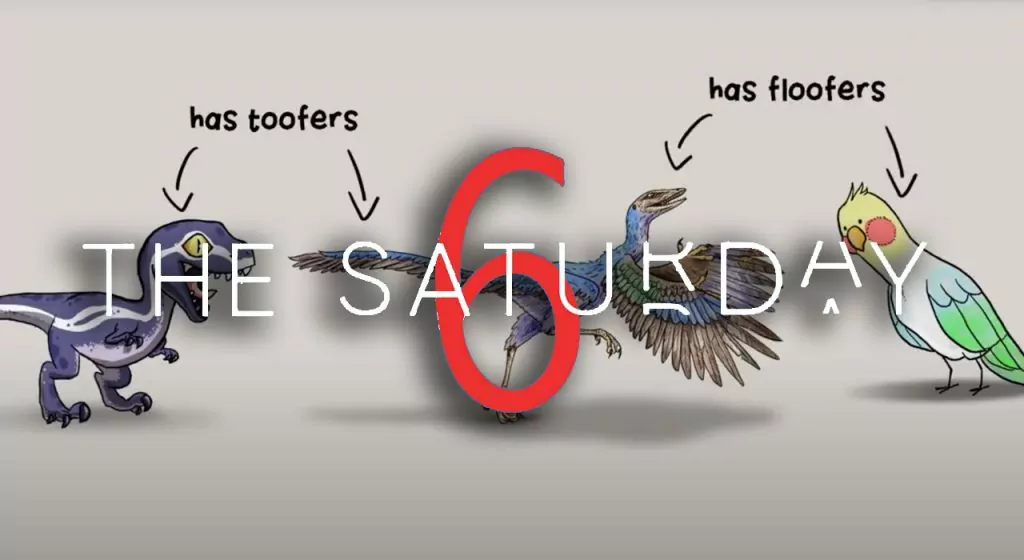Saturday Selections - May 9, 2020
A whale of an evolution tale (10 minutes)
The evolution of whales has been touted as "one of the best examples of an evolutionary transition." This short, very amusing, animated presentation, uses evolutionists' own findings to ask "if this is one of the best evidences for evolution what does that mean for their other evidence that's not as good?"
‘My 15-year-old transgender son is going through menopause’
Christians need to hear and pass along stories like this, stacking them on the biblical foundation that God made us male and female:
"The lunacy of allowing a child – a 15-year-old is still a child who cannot drive or vote – to destroy her capacity for bringing new life into the world suggests that we are witnessing a crisis of parenting, not necessarily a crisis of gender identity."
A creationist responds to Plandemic (23 minutes)
Creation.com's Dr. Robert Carter takes on what was this week's popping-up-everwhere excerpt from an upcoming documentary, Plandemic. That excerpt pitches a collection of claims about COVID-19 (as well as claims about other sort-of, but-not-entirely, related things). Plandemic is being shared widely and is being, if not wholly believed by many, at least seriously considered by many, including those who don't normally pass along these types of conspiratorial claims. That's because Plandemic looks good – this is professionally produced. And it is compelling, in large part because it makes lots of points, even as it leaves viewers with little time to evaluate each claim made. In critiquing this video, Dr. Carter is not trying to argue that everything said is untrue. His point is more limited: simply that this is not a reliable source.
If you haven't already seen the Plandemic excerpt, you might no longer be able to – YouTube and Facebook have been actively taking down the video, in a paternalistic approach that will only, and ironically, feed the documentary's conspiratorial narrative.
Abstaining from everything during the pandemic, except...promescuity?
COVID-19 is transmissible via human contact so our governments shut down...everything. But when it comes to sexually-transmitted diseases, these same governments won't encourage abstinence. In fact, they often won't share the real risks, encouraging children to continue in risky behaviors that are sure to leave them with one STD or another.
Michael Moore's new documentary knocks the halo off the environmental movement
In a surprising twist, Michael Moore's new (and free) documentary takes on environmentalism. But while Planet of the Humans sees through the hypocrisy of the Green movement, the solution it offers is far from insightful. The film pitches people, not carbon, as the problem. But this people-are-a-plague-on-the-planet perspective is the same anti-Christian, overpopulation-hype we've been hearing since Thomas Malthus and Paul Ehrlich.
Dutch Supreme Court allows euthanasia for people with dementia
Euthanasia is supposedly a person choosing for themselves when they are going to die. The idea that our lives are ours to dispose of as we wish stands in contrast to recognizing that God, as the giver of life, is in charge of it. It is on this Christian basis that we can tell the suicidal man that his desire is wrong – his life is not his to dispose of. But on what basis could those who worship autonomy condemn his wish?
What the Dutch Supreme Court has approved now, is the killing of patients who have previously requested euthanasia but who presently lack the capacity to make that request. The case in question involved an elderly woman in advanced stages of dementia who had previously requested euthanasia but who, when the killers in white coats came, actively fought their attempts. So they held her down and injected poison into her veins...all in the name of self-determination. This isn't simply irony – this is a false god, autonomy, now being exposed as a sham and a lie.
The world might not want to hear God's Truth, but if we are going to offer them genuine help, then we need to share that it is He, and not we, who owns our lives. What good does it do to merely expose the lie? There are any number of lies to follow, so if we leave it that then the world can simply switch from following one lie to following another. However, when we lead with God's Truth, and then expose the lie of autonomy, those who have ears to hear will know in Whose direction they should turn.
Fear no one - a short documentary (7 min)
On May 5, 1945, the whole country of the Netherlands was finally completely free. This year and this month mark the 75th anniversary of that final liberation. In the video below we are introduced to Jake who lived through it all and wants to give glory to the God he knew he could trust in the most trying of times.
...








